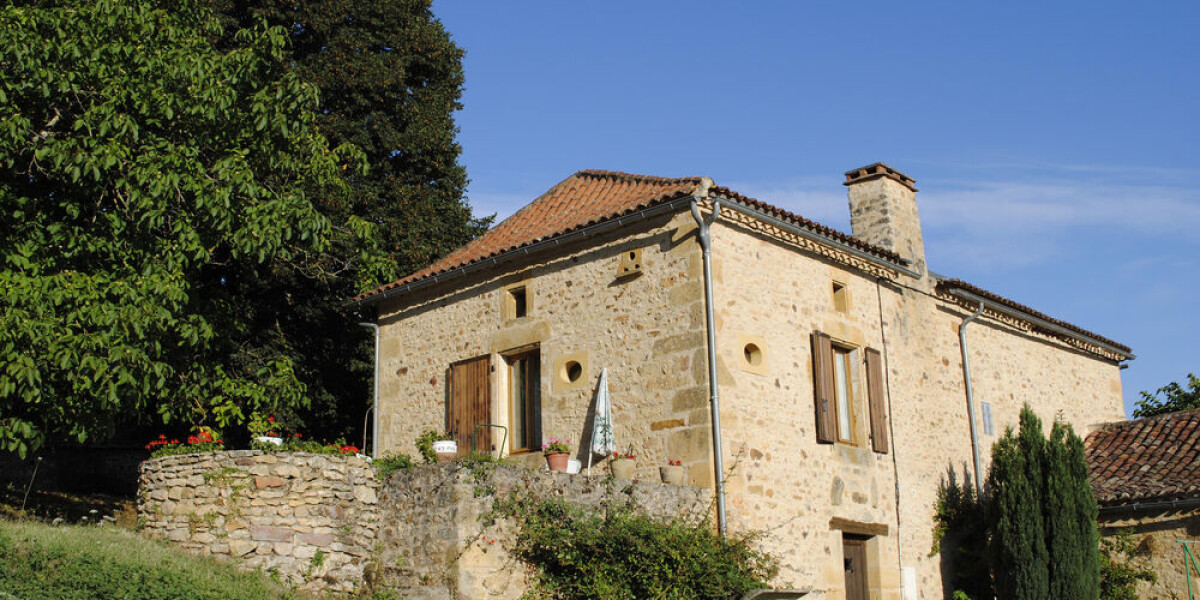
- Select a language for the TTS:
- UK English Female
- UK English Male
- US English Female
- US English Male
- Australian Female
- Australian Male
- Language selected: (auto detect) - EN
Play all audios:
SMALLER POOLS ARE NOT SUBJECT TO SAME REGULATIONS AS LARGER CONVENTIONAL ONES The higher costs and more restrictive planning rules needed for traditional garden swimming pools are leading
more people to opt to build ‘tiny pools’ instead. The number of averaged-sized swimming pools (with a 25m² surface area and 1.2 metres deep) built in 2023 is 16% lower than in the previous
year, said the Fédération des professionnels de la piscine et du spa (FPP). The average cost of a pool is now €26,000, it adds. In return, an increasing number of people are opting for ‘tiny
pools’ that are only 10m3 in diameter, with the number of these pools rising steadily year-on-year since the start of the Covid-19 pandemic. These mini pools (or bassins) are not only
popular in larger cities – where there is a lack of available land to build larger pools – but also in rural areas. NOT SUBJECT TO PLANNING PERMISSION RULES “Refusals by mayors to issue a
building permit [for swimming pools] are becoming more and more frequent, particularly because of the drought,” said Stéphane Figueroa, president of the FPP. However, a swimming pool of 10
m² or less requires neither a building permit (permis de construire) nor works declaration (déclaration préalable de travaux). In addition, pools of this size are not subject to the
so-called ‘garden shed’ tax (taxe d’aménagement). Read more: ‘Garden shed’ tax in France: what rises in 2024 and what exemptions? As long as there are no other restrictions, such as your
home being close to a historic monument, you can build the pools without needing to inform the authorities. MAYORS SHOULD ‘ALLOW POOL PERMITS’ The FPP is also asking mayors to permit larger
pool constructions. “because by doing so they are encouraging people to build their swimming pools [illegally]," added Mr Figueroa. People who build pools without informing officials
face the risk of fines – up to €6,000 per m², and even a prison fine for repeat offences. Many communes now use AI to detect undeclared swimming pools. Read more: 1,500 undeclared pools
traced in Dordogne, south-west France Even with the risk of droughts, the FPP says pool owners only account for a minority of water usage in France. Read more: Stop stigmatising us during
droughts, say pool owners in France






